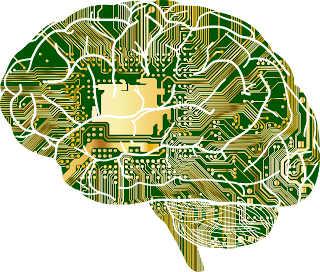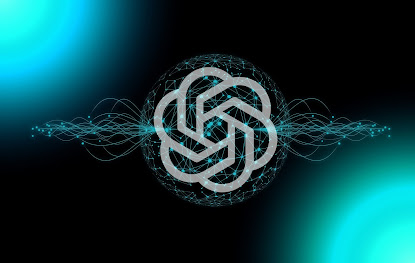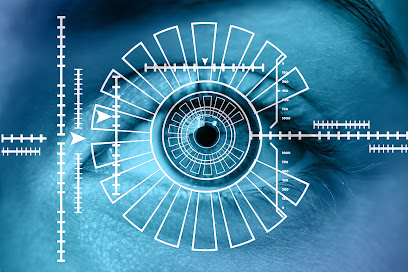"Organoide Intelligence: Combining Human Brain Cells with Computers for Superior AI Knowledge"
The world of artificial intelligence (AI) is constantly evolving, with tools like ChatGPT and DALL-E impressing users with their natural language processing capabilities. However, scientists are now exploring a new alternative that could be as powerful and effective as traditional AI and computers: our brains.
In a recent article published on February 28, 2023 in the journal Frontier, an international team led by researchers from John Hopkins University revealed why brain-machine technologies are the new frontier of bioinformatics.
Organoide Intelligence (OI) is an emerging field where researchers develop biological computing using 3D cultures of human brain cells and brain-machine interface technologies. These organoids share key aspects of the structure and function of the human brain, including those responsible for cognitive functions such as learning and memory.
The goal is to use these organoids as biological hardware for future computers, potentially outperforming the computers used for AI systems today. According to Lena Smirnova, a researcher at JHU and author of the study, "The vision of OI is to use the power of biological systems to advance the fields of life sciences, bioengineering, and computing."
While current computer technology relies on silicone-based transistors, OI aims to create 3D cell structures that can be connected to machine learning and AI systems. This approach aims to mimic the impressive information processing and storage capabilities of the human brain, which can store an average of 2500 terabytes of information.
Thomas Hartung, another author of the study, states that "We are reaching the physical limits of silicone-based computers, as we cannot add more transistors to a tiny chip. However, the brain works completely differently. It has about 100 billion neurons linked by more than 10 to the power of 15 connection points. This is an enormous power difference compared to our current technology."
Beyond the realm of computing, the research on OI could have revolutionary applications in medicine, allowing for better understanding and treatment of neurodevelopmental and neurodegenerative disorders, as well as improving drug development.
Of course, this technology also raises significant ethical concerns, which the researchers suggest should be addressed through an "integrated ethics" approach. This would involve teams of ethicists, researchers, and members of the public identifying, debating, and analyzing ethical issues to guide future work.
While it will likely be some time before we see a computer-brain hybrid on our desks, the potential of OI to revolutionize the field of computing and medicine is too great to ignore.
A brain organoid produced in the Thomas Hartung laboratory












Comments
Post a Comment